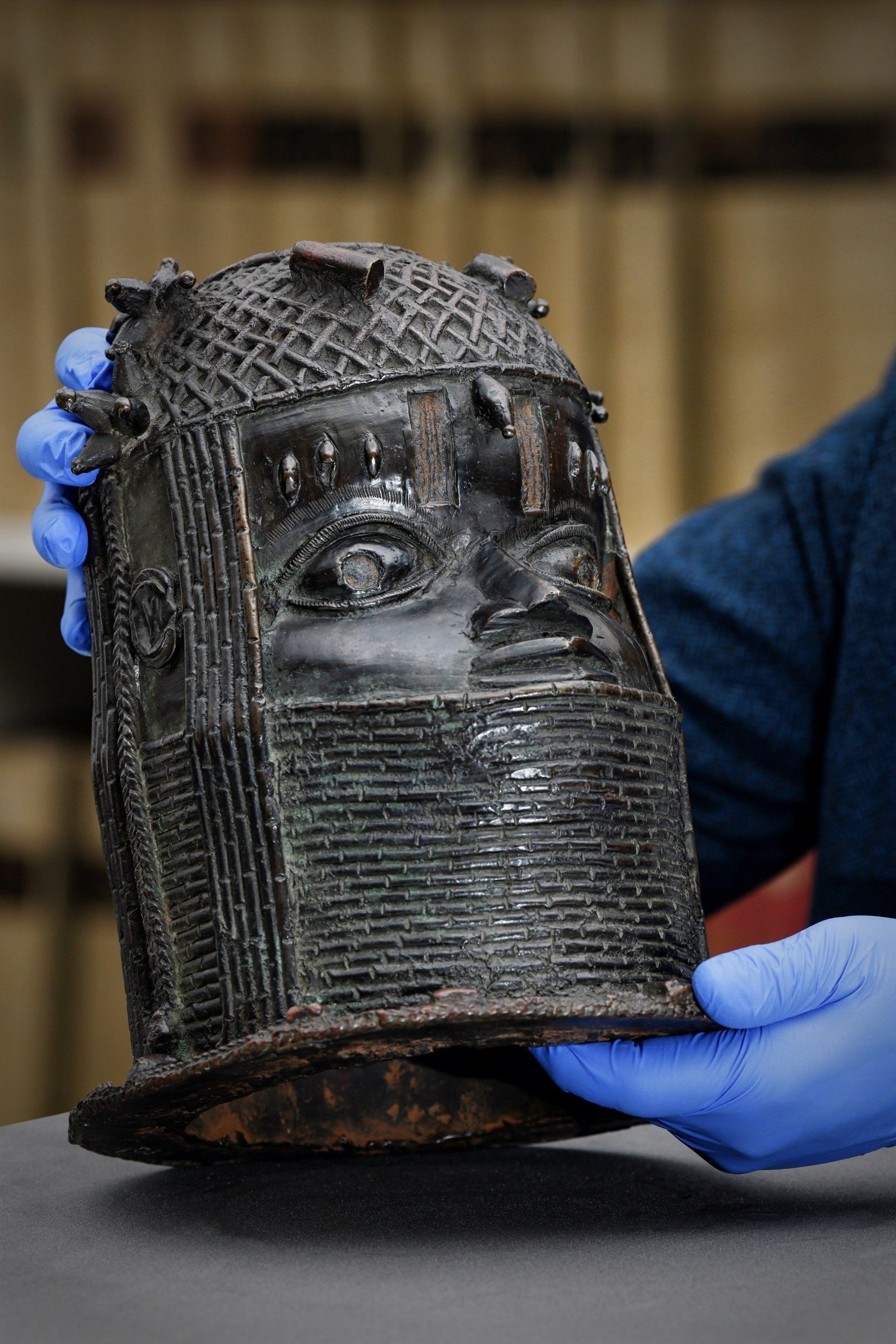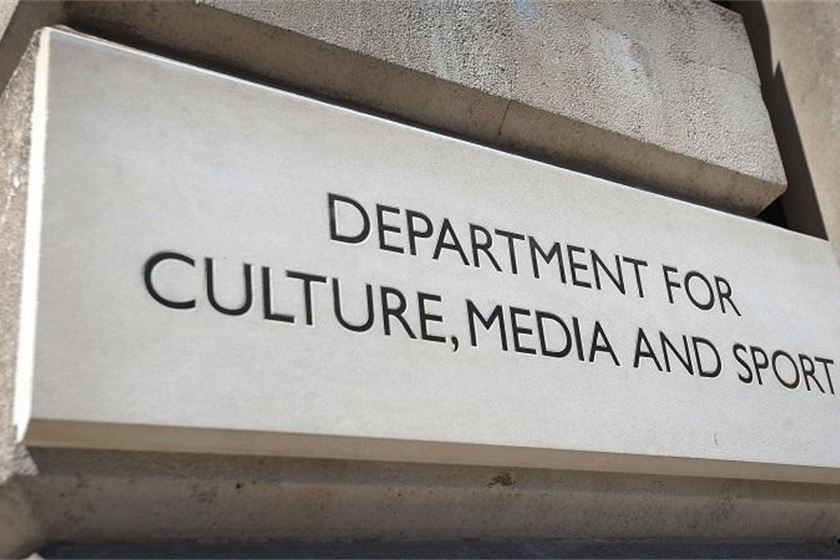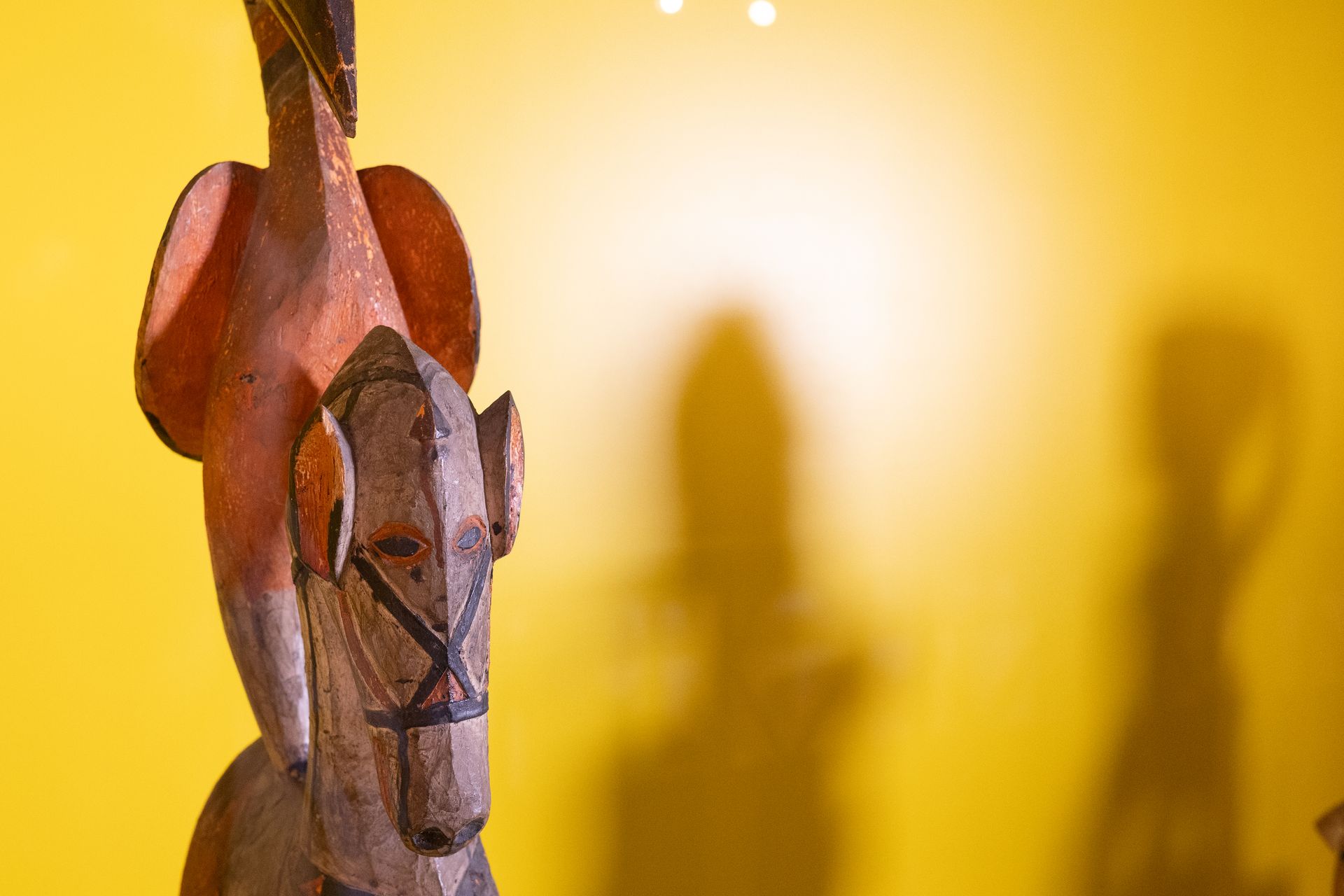Cultural Restitution
SHARE ARTICLE
Following a tsunami of news reports that Germany has kick-started a process to return looted Benin Bronzes from German public collections, UK institutions are facing a dilemma.
Do they follow the German model, recognise the injustice of holding on to Nigeria’s stolen heritage and take their own steps towards the unconditional return of Benin material? Or do they continue to cling on desperately to a model that favours long-term rotating loans rather than full repatriation?
After decades of agitation, the moral ground is shifting. The clear enormity of the crime tainting the Benin Bronzes appears to be forcing change.
We know that at least 45 UK institutions presently hold Benin artefacts. The British Museum’s unwavering public stance to resist all restitutions comes as no surprise. What is less certain is how Britain’s other institutions will react and what kind of spotlight it throws on the growing divide in collections policy between Britain’s national museums and a larger number of regional and university collections.
But first of all, is Germany really committed to full repatriation? The scale of this policy reversal is large enough for some to be sceptical.
Although no final agreement has yet been sealed, the direction of travel does suggest they are. After the Head of Germany’s Foreign Ministry culture department, Andreas Görgen, visited Benin City last month for discussions with Edo State Governor, Godwin Obaseki, approval for the full restitution of looted Benin objects was described in an official statement as “not excluded”, while Germany’s Foreign Minister, Heiko Maas, described his government’s volte face as an “honest approach to colonial history”. There have even been reports that objects from the Humboldt Forum may be returned by summer 2021. But this is all speculation. The final decision will be made by the Prussian Cultural Heritage Foundation (SPK), whose board issued a statement confirming they’ve “agreed in the case of the Benin bronzes to find a solution that also comprises the return of objects as an option.”
We shouldn’t expect rapid progress. Not least because Nigeria itself has much to organise if the artefacts are to be returned to the new EMOWAA - which is still many years away from completion. But it does fit an emerging European pattern that is prioritising the return of objects known to have been stolen. This is where the moral case for restitution is greatest.
The Dutch have already designed a mechanism that enables their state collections to return objects stolen from Dutch former colonies, although the recent Dutch elections has delayed parliamentary approval. And since March 2019, the Germans and its 16 federal states have been working towards the same goal, targeting objects removed “in ways that are legally or morally unjustifiable today”.
But right now, the British government appears unwilling to make the same commitment to returning objects removed in ways also morally unjustifiable today.
With 928 Benin objects in their collection (the largest in the UK), commentators have naturally looked closely at the British Museum for their response. Of course, the British Museum Act ensures their trustees are unable to change the Museum’s stance without a change in the law, even though they appear to recognise the cruel injustice of their removal.
“The devastation and plunder wreaked upon Benin City during the British military expedition in 1897 is fully acknowledged by the Museum,” said a British Museum spokesperson.
But faced with this new momentum for repatriation, is there any chance of a shift in policy?
In public, the Museum continues to argue for the bilateral model promoted by other members of the Benin Dialogue Group: each country engaging directly with colleagues in Nigeria, while offering to share their collections on the basis of long-term loans rather than full repatriation. However, it’s not completely impossible this ground may shift. Speaking at an online symposium last week, organised by Columbia University’s Italian Academy, Phillip Ihenacho speaking on behalf of the Legacy Restoration Trust, intriguingly suggested the Trust wouldn’t be partnering with the British Museum unless they saw a willingness by the Museum to return “at least some” of their Benin Bronzes.
The Museum remains tight-lipped about these negotiations. The 1963 Act continues to be an impenetrable barrier for breaking the deadlock. However, by continuing to swim against the growing momentum in favour of long-term repatriation, the Museum risks damaging its integrity and reputation on the international stage. Does the Museum have the strength and willpower to take on the Government and overturn the Act?
Fortunately, the same legal restrictions don’t apply to the majority of other UK institutions holding Benin objects, merely their own governing powers. What follows will be a test of how those powers are exercised.
Since Germany’s initiative, there’s been a flurry of restitution activity. The University of Aberdeen announced they will repatriate their Benin Bronze head of an Oba (King) to Edo State. “It would not have been right to have retained an item of such great cultural importance that was acquired in such reprehensible circumstances,” maintained Professor George Boyne, Principal and Vice-Chancellor of the University. “We therefore decided than an unconditional return is the most appropriate action we can take”.
The University believes it is the first institution to agree to the full repatriation from a museum of a Benin Bronze.
Aberdeen’s announcement was quickly followed by another from the Church of England, who are in discussions with Nigeria to return two Benin Bronzes given as gifts to then Archbishop of Canterbury, Robert Runcie, almost 40 years ago. How many other items does the Church of England hold that could be repatriated? Perhaps the Ethiopian tabot that lies sealed in Westminster Abbey?
Museums have reached a pivotal moment. Trustees will take their time weighing up whether the Aberdeen solution is the appropriate action for them to take. In the meantime, some, like the Manchester Museum are putting more resource into identifying contested objects – before requests to return them are received.
One candidate that might consider following Aberdeen’s lead is the Bristol Museum and Art Gallery, whose Benin head of an Oba entered their collection in 1935. Asked whether repatriation is now an option, a spokesperson for Bristol City Council explained they’re still negotiating as part of the Benin Dialogue Group and are are awaiting information on next steps from the stakeholders in Nigeria. “Once we have been able to establish the level of agreement for their plans for a new museum, we will be able to progress towards establishing an action plan”.
With plans for the new Edo Museum of West African Art underway and others striking out to make unconditional returns to Nigeria, this seems a very appropriate time for Bristol Council to consider full repatriation.
Like several others, the World Museum in Liverpool, whose collection of seventy Benin objects includes a 16th century Queen Mother head, donated by a British steamship engineer in November 1899, and the 'Swainson Horseman', one of very few Benin Bronzes to have left the country before 1897, says it has never been approached about repatriating their Benin objects. Although they have been discussing how to represent and interpret these objects in their displays: “The changes we make are being done in consultation with the public, our communities and important stakeholders,” said a spokesperson. “For our Benin display in particular, we are re-thinking Benin’s history and culture as part of a wider global story to make it more relevant and responsive to contemporary audiences in Liverpool and beyond”.
Cambridge’s Museum of Archaeology and Anthropology has made a decisive shift in the direction of full restitution. In 2019 they developed a new framework for handling requests for returning artefacts “appropriated in the aftermath of violence, for example in the context of a colonial intrusion or war”. Although no claim has yet been made to return the 415 Benin artefacts in their collection (many of which were not looted from the 1897 expedition), they expect to receive a claim from Nigeria “in due course” and their website now states “it is anticipated that the claim would be supported and steps taken to return the artefacts”.
There’s been no immediate reaction from the Pitt Rivers Museum, Oxford, another member of the Benin Dialogue Group, although internal and external pressures on the Pitt Rivers to return their looted Benin artefacts are likely to be intense (the Museum holds the second largest hoard of Benin objects in the UK). Now that Cambridge seems to be breaking away from the model of the Benin Dialogue Group, the Pitt Rivers, which has done so much to engage and develop relationships with other communities of origin, may become more willing to consider repatriation.
Up to now, they’ve expected change to come about slowly. In a statement last year, Laura Van Broekhoven, director of the Pitt Rivers, said any review of Benin objects will be part of a long-term programme that “will engage many stakeholders and stretch out over years, probably decades to come”. But this timescale may now be revised, especially as the Pitt Rivers adopted a new procedure for handling claims for unconditional returns in August 2020.
The new Edo Museum of West African Art is still at least five years away from completion and there is much for Nigeria to complete before the country is ready to welcome back so many works of enormous cultural significance. However if, as we expect, Germany completes a timetable for returning their collection of looted Benin objects and if, as we also expect, the Netherlands passes the bill to return stolen objects from their former colonies, the pressure on UK museums to follow their lead over time will overwhelm the remaining resistance.




